Commodity traders buy and sell the basic resources that nearly everyone in the world needs: oil, metals and grains, among others. They are known for making deals in parts of the globe where no one else could or would – taking massive risks, making vast fortunes and influencing the course of geopolitics. In this entertaining and informative book, shortlisted by The Financial Times as one of the best of 2021, financial journalists Javier Blas and Jack Farchy delve into the often-daring history of this little-known sector of the financial industry to tell the tales of its colorful traders.
Trailblazing commodity traders crossed boundaries – including the Iron Curtain.
Despite their increasing economic and political importance in recent decades, the world’s most basic traded resources – known as commodities – remain under the control of just a few people and companies. Whereas investment bankers deal with purely financial issues, like price shifts and market moves, commodity traders wheel and deal in physical goods like oil, grains and metals. Commodity traders control the movement of these resources around the world, and they have acquired a reputation for incredible personal daring.
As a German soldier on the Eastern front in World War II, Theodore Weisser was once held in the Soviet Union as a prisoner of war. When he returned to the Soviet Union in 1954, however, he was going there to buy oil. He managed to negotiate a shipment of oil with the head of the Soviet agency in charge of fossil fuels. On his return to West Germany, people in the oil industry shunned him for working with the Soviets. But he had developed a relationship on the other side of the Iron Curtain...








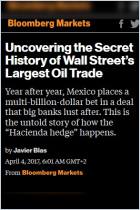
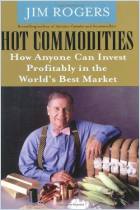
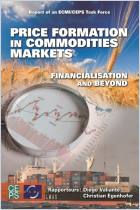
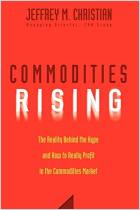
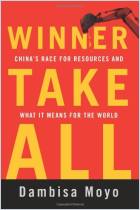
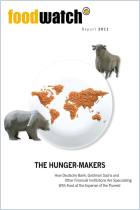
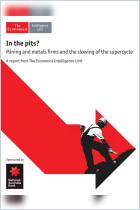



Comment on this summary or Start Discussion